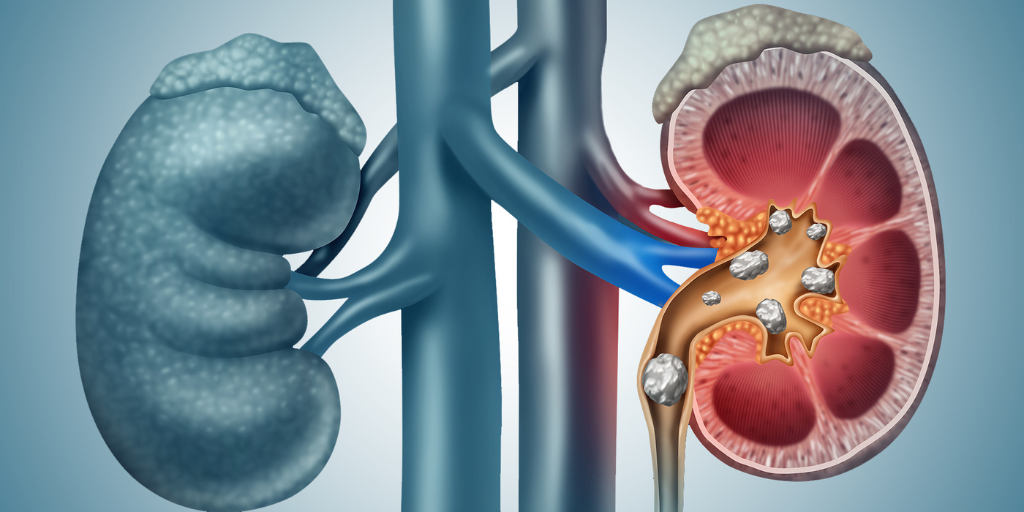Renal Stone
- +91 90537-79477
- nephrons2024@gmail.com
- Near Tinkoni, GT Road, Bathinda

Renal stone in Bathinda
Renal Stones in Bathinda are hard masses formed from substances like minerals, acids, and salts in the kidneys. These stones can range in size from as small as a grain of sand to larger than a golf ball. If you are in Bathinda and suspect you have renal stones, it is crucial to understand their symptoms and treatment options.
Symptoms of Renal Stones in Bathinda
Kidney stones often cause pain in the lower back, abdomen, or side (flank pain), which may radiate from the groin to the side. This pain can vary from dull to intense, often described as colicky due to its wave-like worsening.
Additional symptoms of kidney stones include:
Pain:
One of the most common symptoms is pain, often felt in the lower back, abdomen, or side (flank pain). This pain can be excruciating and may spread from the groin to the side. It's often described as colicky, meaning it comes in waves that alternate between intense and less severe.
Nausea and Vomiting:
The intense pain from a kidney stone can lead to feelings of nausea and vomiting.
Blood in Urine:
Kidney stones can cause damage to the urinary tract, resulting in blood in the urine, which is medically termed hematuria.
Painful Urination:
Obstruction of the urinary tract by a kidney stone can make it difficult to urinate.
Frequent Urination:
Despite difficulty urinating, you might experience an increased urge to urinate.
Fever and Chills:
In some cases, kidney stones can lead to infection, causing fever and chills.
Cloudy or Foul-Smelling Urine:
A kidney stone-related infection can cause the urine to appear cloudy or have an unpleasant odor.
Types of Renal Stone
Calcium Oxalate and Calcium Phosphate Stones: These are the most common types and typically form from a combination of high oxalate intake and low fluid consumption.
Uric Acid Stones: These stones develop due to a diet rich in animal proteins, such as beef, poultry, and fish.
Struvite Stones: Often caused by bacterial infections in the urinary tract, these stones can grow large and may require surgical removal if they become a staghorn calculus.
- Cystine Stones: Result from a genetic condition called cystinuria. For more on cystine stones, check out National Institute of Diabetes and Digestive and Kidney Diseases (NIDDK).
Risk Factors
Factors that can increase your risk of developing kidney stones include:
- Inadequate fluid intake.
- Consumption of protein-rich foods, especially meat.
- High intake of foods containing sodium, sucrose, and fructose.
- Use of vitamin C supplements.
- Family history of kidney stones.
- Urinary tract blockage.
When to See a Nephrologist:
If you experience any symptoms associated with kidney stones, consulting a nephrologist is essential. Early detection and diagnosis are crucial for effective management.
Enhance your kidney health expert treatment by the best nephrologist in Bathinda. Book a session or contact Us on WhatsApp now!